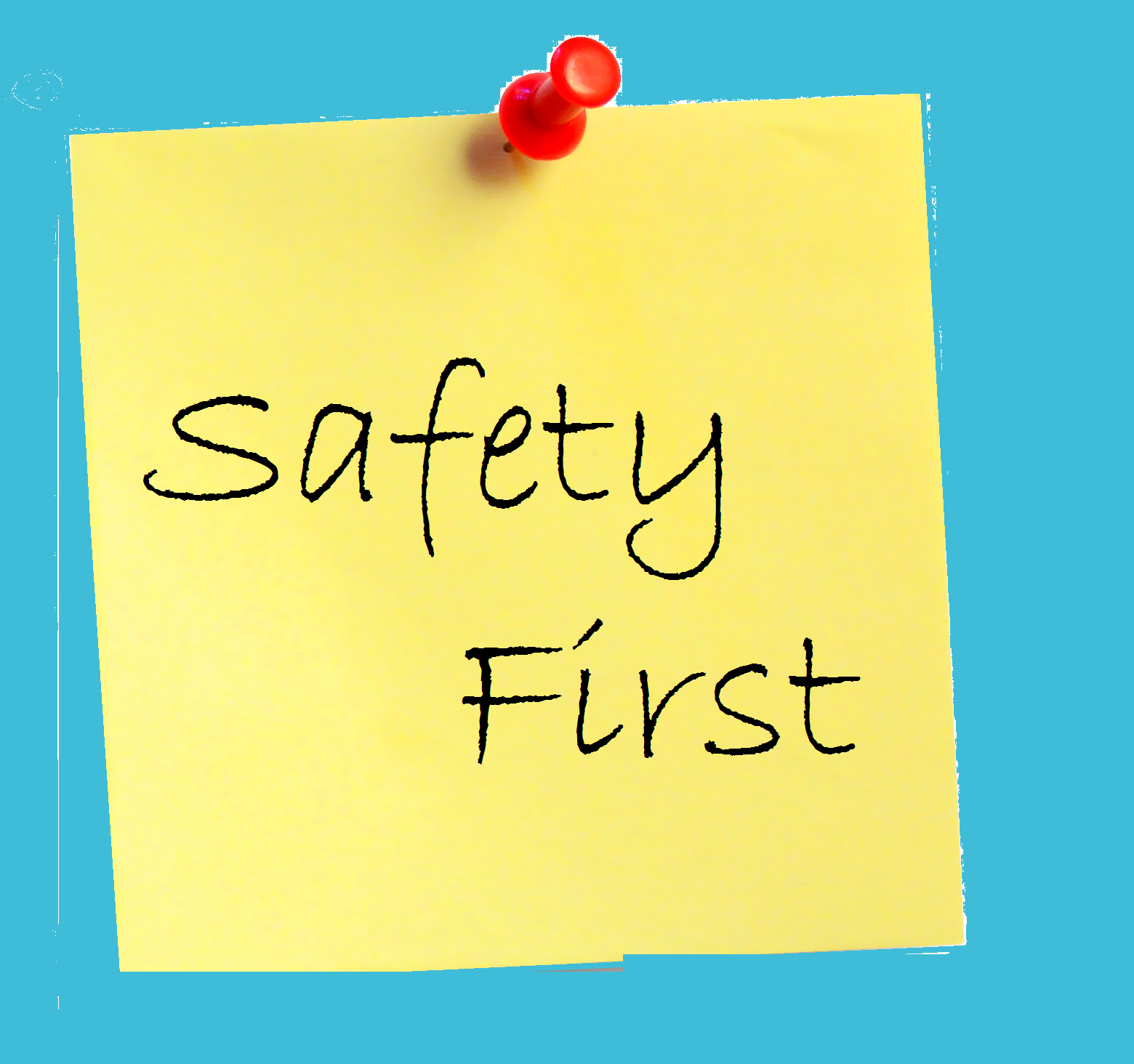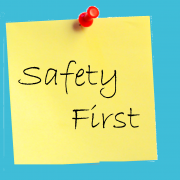Safety first: Taking care of your guests & your property as an Airbnb host

Renting out your property through Airbnb can seem like a simple way to make a bit of extra cash without too much effort – but it’s not necessarily that straightforward.
Operating an Airbnb is a bit like running a small business. Under New Zealand law, if you’re an Airbnb operator, you are treated like a landlord and expected to pay tax on any income from your rental. You’re also expected to abide by the Health and Safety Act – which can lead to issues if you are unaware of your responsibilities.
Protect yourself, your potential guests, and your property by carefully considering the issues before you agree to rent to anyone.
Here’s what to think about before you rent your property on Airbnb:
Look at liability
Property owners can be held liable if guests receive injuries caused by a poorly maintained property. For example, if a rotten deck gives way and a guest breaks a leg, or an incorrectly installed light fitting falls and strikes someone, you could be forced to pay for their medical care and associated costs.
However, if your property is well-maintained and cared for, you should be fine. Guests are responsible for their own safety as long as your property has the relevant consents and complies with building law.
Safety and equipment
Baches – particularly those by the sea – always used to come with a couple of kayaks and a bike in the garage. These days, people are more cautious about offering recreational equipment. If you supply equipment for your guests to use, you could potentially be held liable if they are injured while using it. Again, if your equipment is well-maintained and you supply safety gear like helmets and lifejackets, you lower your risk.
Insurance issues
If you’re a responsible property owner, you probably already have insurance on your property. But your potential Airbnb rentals may not be covered under your existing policy – it’s a good idea to check before you let anyone stay. If you’re planning to rent a property regularly, your insurer may require you to take out a landlord-specific policy to cover any possible damage caused by your guests. These policies sometimes cover injuries as well – be sure to check.
Vetting and valuables
Although accidents can happen, using common sense before guests arrive can help you avoid some issues. It’s a good idea to thoroughly read reviews of guests before approving them to rent your property, remove breakables and valuables before guests arrive, and check in with guests during their stay if you can.
Want to prepare yourself before you become an Airbnb host?
Talk to one of GECA’s qualified business advisors on 0800 758 766 or email us to find out more about your responsibilities before you start.





